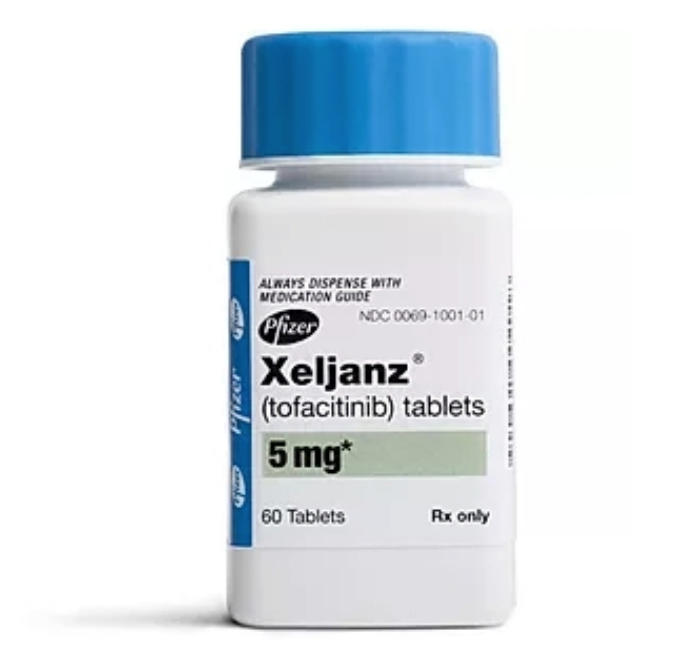The UK has backed a pill to help ulcerative colitis patients achieve complete remission of this debilitating disease. Over 21,000 New Zealanders have some form of inflammatory bowel disease and is growing fast. Colitis can mimic the symptoms of bowel cancer and some reports suggest up to 15% of IBD patients go on to develop bowel cancer later in life.
UK studies showed that patients given the twice-daily pill, Tofacitinib, can go into complete remission after years of suffering. Other patients that didn’t achieve remission reported better management and a reduction in their symptoms.
Ulcerative Colitis is believed to be autoimmune diseases, where the body reacts against its own tissues and affects the lining of the large bowel and the rectum.
The immune system mistakes food, bacteria, and other materials in the intestine for foreign or invading substances. When this happens, the body sends white blood cells into the lining of the intestines, where they produce chronic inflammation and ulcerations.
The new pill, taken twice daily for eight weeks, then at a lower maintenance dosage, offers these patients hope by stopping the immune system from destroying healthy tissue.
The $NZD15,000 annual treatment has won the backing of the UK National Health Service and the National Institute for Health Care Excellence (NICE), which have now approved the treatment for moderate to severe ulcerative colitis patients.
Current drug treatments for ulcerative colitis in New Zealand include steroids that dampen down inflammation and others that try to suppress the immune systems.
Medsafe NZ currently supports Tofacitinib (Jaquinus), for the management of rheumatoid arthritis (RA).
Consultant gastroenterologist Dr Barney Hawthorne, of University Hospital Wales in Cardiff, welcomed the development and had this to say...
"Ulcerative colitis is a rotten disease and one in ten patients ends up having the colon removed"
"Other strong drugs we use are given by injection of intravenous drip, and patients can become resistant to them, so they no longer work. There is less chance of this happening with the new medication, and as it’s a tablet, patients can take it at home, which is far more convenient."

